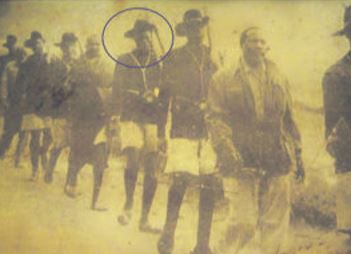×
The Standard e-Paper
Join Thousands Daily

When you get to the homestead of M’Kirera M’Nguku, you find him attending to his daily chores on his farm as he has always done. The compound is spotlessly clean; despite his advanced age.
He cannot recollect how old he is but says he belongs to the Ntimirigwi ya Mbaya age set that was initiated to manhood in 1939. “My father belonged to the Riungu age set and I found the Miriti age set young enough,” he says.